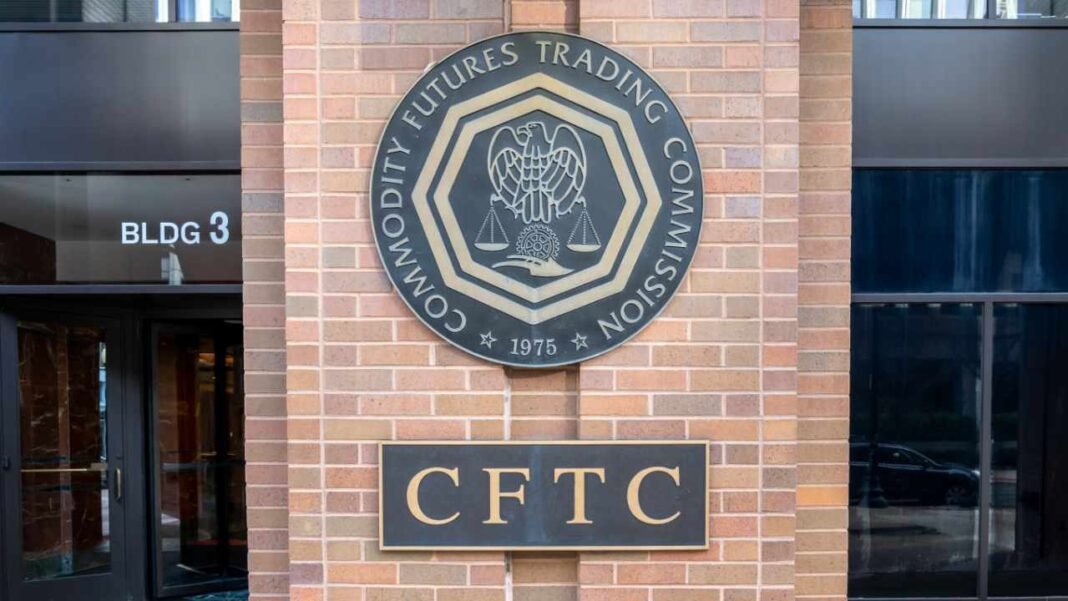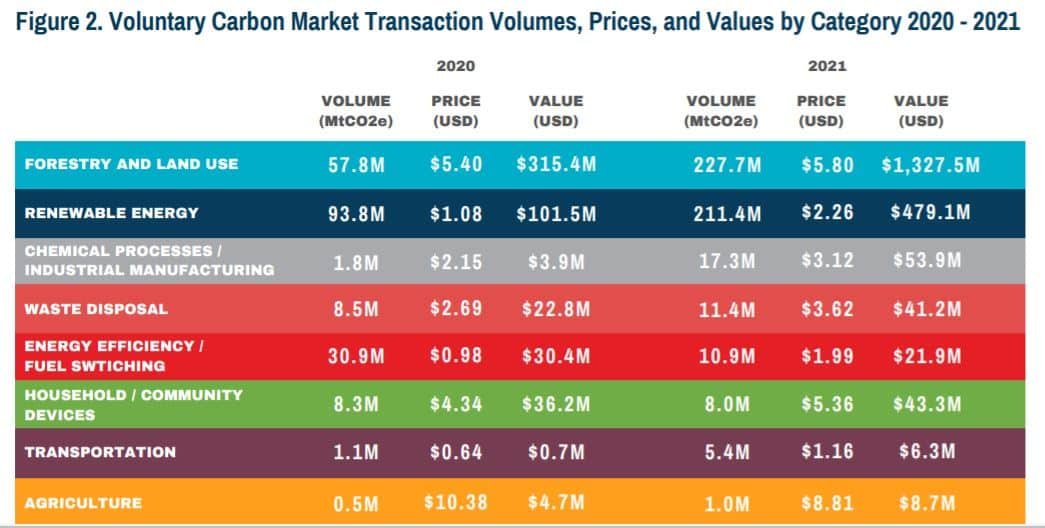A group of U.S. lawmakers are pushing the Commodity Futures Trading Commission (CFTC) to deal with the integrity of carbon credit markets and regulate them.
Senators Cory Booker, Elizabeth Warren, Edward Markey, Richard Blumenthal, Bernard Sanders, Jeffrey Merkley, and Kirsten Gillibrand sent a letter to CFTC Chairman Rostin Behnam.
They requested that the CFTC establish “rules governing the carbon market.” They refer to the schemes that are used by firms to offset their carbon emissions.
Carbon offsets are carbon credits in the voluntary carbon market (VCM). Unlike the compliance carbon market, the VCM works based on market dynamics.
The Plea to Regulate the Carbon Credit Markets
In the letter, the U.S. senators stated that buying offsets enables companies to:
“…make bold claims about emission reductions and pledges to reach “net zero”, when in fact they are taking little action to address the climate impacts of their industry…”
Carbon credits are designed to provide offsets from actions that reduced or removed CO2 from the atmosphere.
Theoretically, one carbon credit represents one tonne of carbon removed or avoided. But in practice, the lawmakers claim that carbon offset projects are illegitimate and can often represent the broader ‘pay to pollute’ schemes.
While carbon credits fall under the CFTC-regulated derivatives, the agency only has anti-fraud and anti-manipulation authority over the VCM. Also, the Commodity Exchange Act doesn’t directly govern a registration and oversight structure on cash or spot markets.
In a sense, the lawmakers’ requests to act on the carbon credit markets go beyond the statutory authority of CFTC. And so, it’s the U.S. Congress that has to act.
But the CFTC continues to consider whether the offsets market is indeed “susceptible to fraud and manipulation” as the senators said in their letter.
Their letter stated that offsets that didn’t deliver the environmental benefits they promised constituted “fraudulent investments”. And that they served as:
“… a convenient and profitable way to market climate consciousness without requiring real action to reduce emissions…”
Carbon Offsets: A ‘Pay to Pollute’ Permit or a Path to Net Zero?
Carbon offsets have grown so popular over the past two years. According to the Ecosystem Marketplace, trading of voluntary carbon credits increased from $520mn in 2020 to $2bn in 2021.
Here’s the VCM transaction volumes, prices, and values by category, comparing 2020 and 2021 results.
Along with its growth, however, is the criticism about a lack of market standards. Critics say that the market is unregulated and very fragmented.
In the UK, a similar trend is happening. The country’s Climate Change Committee (CCC) had warned that without reform, the offsets market may risk challenging net zero plans.
Hence, the CCC also requested the British government to provide guidance, regulation, and standards to the market. This is to improve market transparency and boost standards.
Meanwhile, supporters of the VCM noted that greenwashing could destroy the offsets market.
- Amid all the scrutiny, several initiatives from the private sector draw rules to improve market credibility.
Proponents of carbon credit markets say they help channel money into the right projects. Plus, a carbon price urges firms to curb their emissions.
They also argue that while entities should reduce emissions as much as possible, offsets offer a solution to deal with hard-to-abate emissions.
Right now, carbon credits trade in various voluntary markets. This means that the markets are not governed by federal regulations like the ones that regulate derivatives and securities markets.
The lawmakers recommended the following to CFTC to deal with their concerns on carbon credit markets.
- Investigate the integrity of currently approved derivatives and their underlying carbon offsets;
- Develop standards for carbon offsets that reduce emissions and can serve as underlying commodities for approved derivatives;
- Create a registration framework for offsets, offset brokers, and offset registries;
- Pursue cases of individual project fraud; and
- Develop a working group to study both the risk to investors associated with carbon offsets and derivatives and the climate financial risk they may bring.
The CFTC’s focus on carbon credits is part of its broader role in managing climate-related financial risks. This is evident in its various efforts such as establishing the Climate Risk Unit, hosting the Voluntary Carbon Market Convening, and its most recent request for information on climate risk in the nation’s financial system.
The senators’ letter responds to the CFTC’s public call for information on climate-related financial risks.


